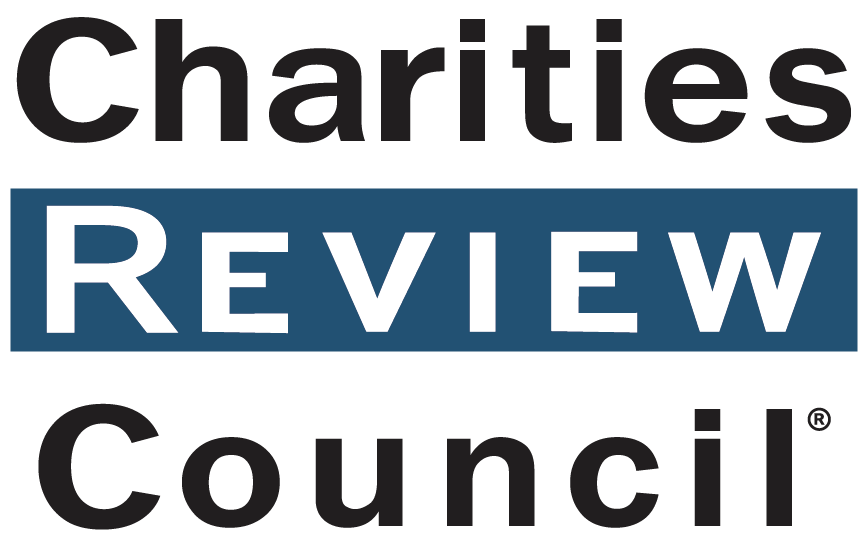Kris Kewitsch | Executive Director, Charities Review Council | March 2024
Three Data Management Do’s: Don’t Skip These (Often Overlooked) Considerations
Before leaping into the next organizational conversation on which products and services might best serve your nonprofit’s increasingly complex data needs, the Council recommends organizations pause to reflect and consider if everything is on track or if anything has gone amiss related to your current data management policies and practices.
- Revisit data management policies regularly. While setting policies around data management is important, just as important is reviewing those policies at least annually to ensure they are still relevant and adequate, as our data efforts often grow over time. Organizations should also conduct occasional mini audits to ensure policies are carrying over into practice when it comes to data collection, storage, reporting, and more.
- Be open about the How and the Why. Organizations should apply this principle to both internal and external audiences. Someone receiving services from your nonprofit or donating to your nonprofit should know what information you are storing about them, what you do with that information, and why. Summary statements can be included on in-take forms, donation forms, your website, and other highly visible places.
- Data privacy and rights apply not only to clients but also to donors. Many organizations are familiar with and utilize a patient or client’s bill of rights. Has your organization ever considered a donor’s bill of rights? The Council adheres to the Donor Bill of Rights developed by the Association of Fundraising Professionals and partners. These rights include assurance that donors’ information will be handled respectfully and aligned to privacy/confidentiality laws.
Typically, data management issues are not the result of ill-intent but simply of moving quickly and not adequately assessing how small choices and changes in data management may have larger, unintended consequences.
A planful approach to your organization’s next move on the quest for data will include taking opportunities like this to ensure – is the data we collect, store, and report on necessary, protected, and meaningful?
A great resource for further reading on donor data management is the Council’s Accountability Standards® Fundraising section.

